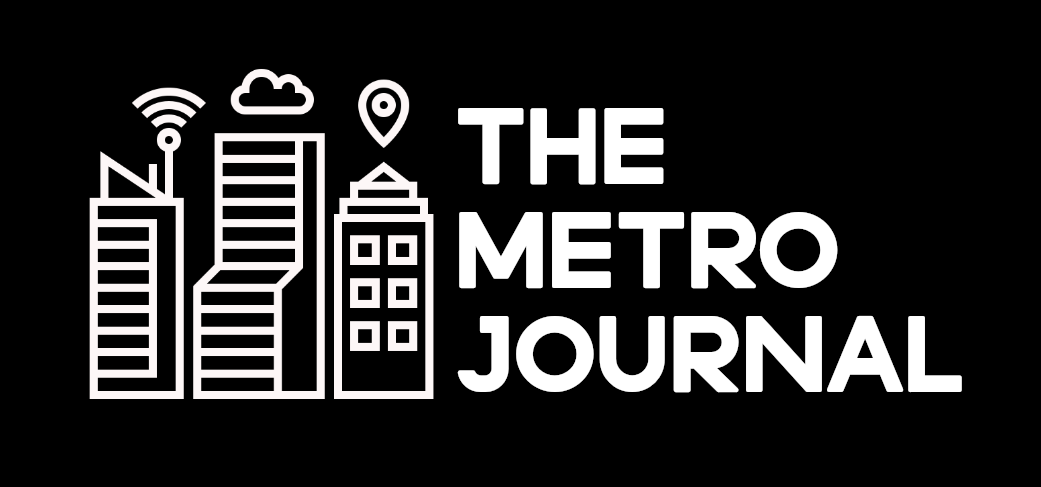
In Episode 31 of The Immigrant Project, we sit down with Daniel Kingwell, a Canadian immigration lawyer with over 25 years of experience who recently opened his own firm in early 2024. Unlike most immigration lawyers who handle standard visa and PR applications, Daniel focuses on a more intense side of immigration—litigation, enforcement, inadmissibility, and especially misrepresentation cases.
Daniel describes himself as a kind of “fire department” for immigration issues. He handles procedural fairness letters, federal court proceedings, appeals, and clients dealing with criminal or medical inadmissibility. With a team of three lawyers and three consultants, Daniel’s firm is built around defending the integrity of the immigration process—one complex case at a time.
But what makes this conversation so compelling is Daniel’s take on the broader immigration system in Canada. He explains that while Canada used to be a beacon for predictable, skills-based immigration through its point system, the current reality is far more chaotic. “We’ve gone from predictable and slow to unpredictable and fast,” he says. According to Daniel, this shift—though meant to fix application backlogs and attract specific skilled workers—has created a lack of transparency and consistency that leaves many immigrants feeling like they’re gambling with their futures.
He warns that this unpredictability will eventually drive the “best and the brightest” elsewhere. Countries with more stable, consistent systems will become more attractive to skilled immigrants who don’t want to feel like they’re investing their lives in a “casino.”
Daniel also speaks candidly about the scapegoating of immigrants in Canada’s public discourse. He strongly disagrees with the narrative that blames immigrants for systemic issues like inflation and the housing crisis. “Don’t get me started,” he says, clearly passionate about defending the immigrant community.
This episode is a must-listen for anyone who wants a deeper understanding of the immigration system—not just its procedures, but its policies, ethics, and human consequences.



